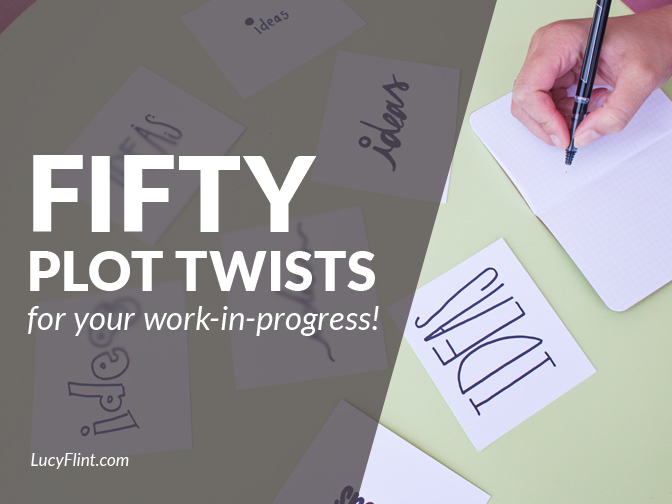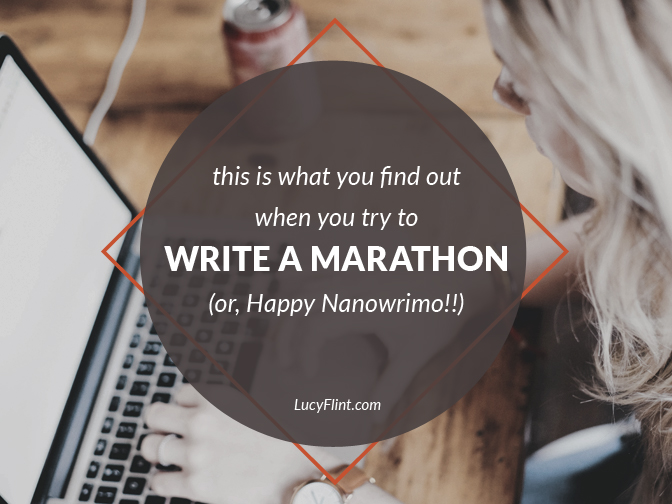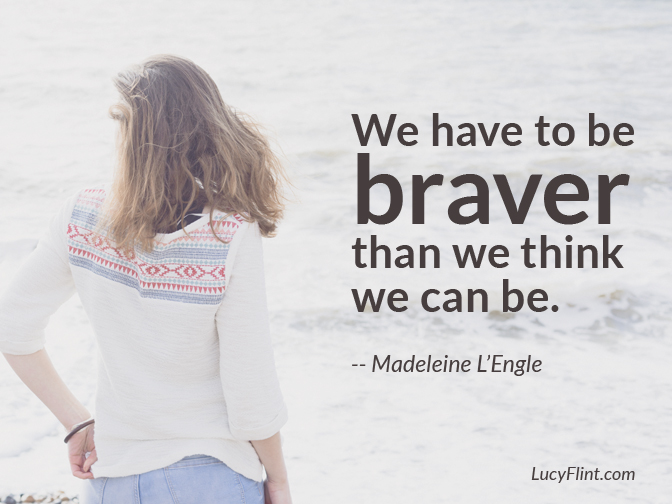So Tuesday was my older sister's birthday. (If you spontaneously ate chocolate cupcakes with lots of sprinkles and didn't know why--well, that's why.)
Among her many other qualities (incredible sense of humor, fantastic taste in music, and my main movie-watching buddy), she's an awesome graphic designer.
Y'all know I love learning from other creatives, and hanging out with K is no exception.
One thing I've noticed about her? She's a designer all the time. Down to her marrow.
It's pretty cool.
When she was getting her degree, one of her fellow design students was always showing up to class in pajamas. And not in an occasional, "it's casual Friday" way, but in a this is all I wear kind of way.
Totally normal college behavior, right? I agree.
But here's the thing: they were all training to be designers. As in: highly sensitized to the effects of color, pattern, shape, and the way those aspects complement each other for a certain effect.
And not-so-much the pajama effect.
Is it possible to care about design some of the time, and to totally disregard it the rest of the time? Of course it is. The pajama-wearing designer turned in decent work; she's probably doing fine.
And then there's my sister. Who always has a genius sense of style. She picks her clothes with care because she's a comprehensive designer. It's literally how she thinks. All the time.
She doesn't quarantine her interest to a certain kind of design. She doesn't limit herself to only caring about it between 9 a.m. and 5 p.m., only when she "has" to.
She's always paying attention: to digital design, to printed ad campaigns, to the effects of typography and handlettering, to packaging in grocery stores, to the composition of a plated dish at that new restaurant, to photography, cinematography, book covers--
She's always aware of it, always learning about it, always moving toward it.
I admire the heck out of her.
And right now, as I'm looking to go deeper into my novel, I'm realizing, yet again, how brilliant her example is. I can't help comparing her approach with that of the pj-wearing design student.
How deep can your design sense go, if you don't give a fig about what you're wearing? If you never make it personal?
Why would you practice not attending to your craft?
If you're a designer to the core, wouldn't that come out in all kinds of ways? (Glancing over at my sister: Yup. Yes. Yes, it does.)
So what about us? What about the word-slingers?
Are we wearing pajamas to class?
Do we think about our novels only when we have to? Do we only care about words and stories when we're "at work"?
If we only act like writers when we have to, we might not be working at our full potential.
Who are you when you're not writing? When you're not at your desk?
Where does your mind go when you have downtime?
When the writing isn't going well, I sometimes blame everything else--life is hectic, complicated, something unexpected happened, crappy immune system letting me get sick, I've overcommitted myself, blah blah blah.
I look at all the noise everywhere else in my life and feel overwhelmed. Writing is hard.
But when I remember to treat my work the same way my sister treats hers--existing all around me, all those opportunities, always fascinating--well! Everything changes.
Regardless of how busy my schedule is.
Watching her example reminds me: I have a choice. And I start consciously pursuing a writer's frame of mind. I focus on thinking like a writer, wherever I am.
It takes some serious intentionality. It's not accidental.
But when I keep at it, the tide turns. And I find that I'm writing from that deep, shadowy place again. That place where, mysteriously, I feel like I'm surrounded by my story, and every day takes me further in.
This is when the story becomes real, this is when writing feels almost effortless, this is when I think about the story, build the story, all day long.
If you want, your life can turn into a 24/7 immersion camp in your story.
Pretty awesome, right?
There are lots of ways to do this (here are three pretty fun ones) but the best way for me to immerse myself in my story is really straightforward:
I close my eyes and switch out my reality.
... Eeek, did I just type that? For other people to read? This isn't super normal behavior, right? Acting like you can swap realities? Very uncivilized. Not the kind of thing to talk about.
But--oh wait, we're vagabond outlaws, so it's okay if this is super weird. Okay then.
So yeah. I close my eyes. (If I'm out in public, I keep my eyes open but I let 'em kinda glaze over.)
And I decide that one of my characters is next to me.
I focus all my attention on making her real. I work at getting a sense of her posture, how she's holding her head, how she's communicating her mood in her stance, or how she's fighting to keep her emotions invisible. I sense the tension in her.
Sometimes, I start to hear her voice, sometimes she has things to say, sometimes another character emerges from the mist and they start talking.
But mainly, I focus on that first thing: Making the character real.
Because when I believe that these characters are real, the whole book becomes possible to write.
The most dangerous thing for me is when my characters begin to feel like ideas, like concepts. Mock-people attached to names. Pseudo lives. Narrative chess pieces I move around on a page.
It is so much better--more dynamic, more thrilling--when I get convinced down to my toes that I'm talking about real people.
I do this with settings too--conjuring up all the details of that Otherplace all around me, until I think I can almost smell it, I can almost hear the sounds there, I can almost feel the sunlight on the back of my neck.
This is deep imaginative immersion work.
Nothing saves my story like this.
When I'm really in this groove, I can drop into my story at almost any time. It gets easier to sense the characters around me, to catch the pace of the scenes, to anticipate what needs to happen next.
To feel the story world wrapping itself around me.
And then, sitting down at my desk feels like I'm just continuing something I was already doing. I'm already in the story. Breathing it. Living there.
And amazing things begin to happen.
I ditch the dull scenes, and I write brave new ones. Characters deepen, their motivations become clear and sympathetic, their dialogue sharpens.
Kinda makes my heart start racing.
Try it. Yeah. Right where you are, right there. Take a deep breath, close your eyes, and get a sense of one of your characters. Hear them breathing. Believe that they exist, that they're real, that they're right next to you.
And then buckle up, because your story just might take off. You'll have to sprint down that road after it, scribbling as you run.
It's a marvelous way to work.
... Maybe you do this deep imagining work all the time--in which case, good for you! Have some more chocolate cupcakes. Hand them out to your characters.
But if you've never done it before, or if you've fallen out of the habit (like I do), grab some time this weekend to practice. Look for opportunities to fall into your storyworld.
Go deep. Immerse. And find out what happens when you're a storyteller, all the time.



















